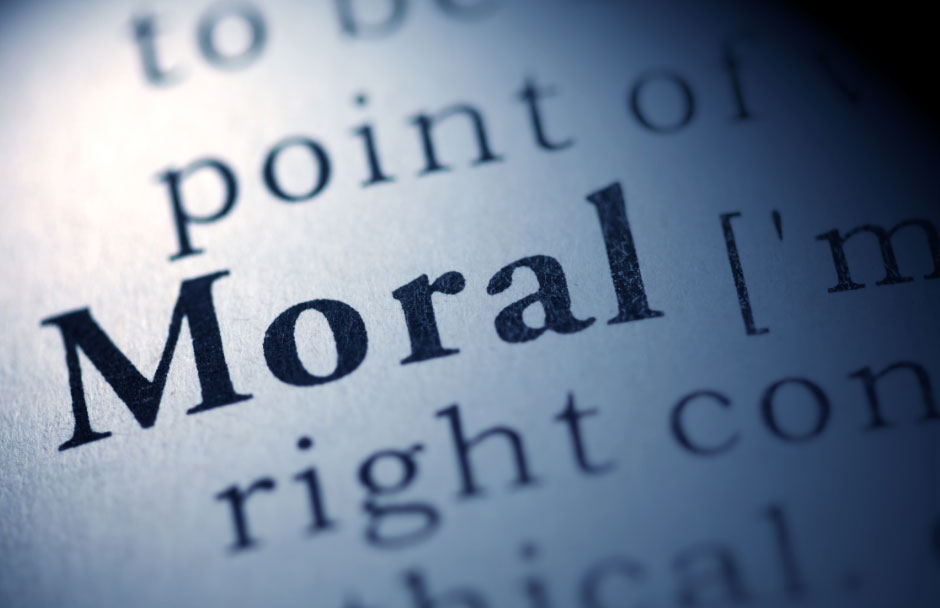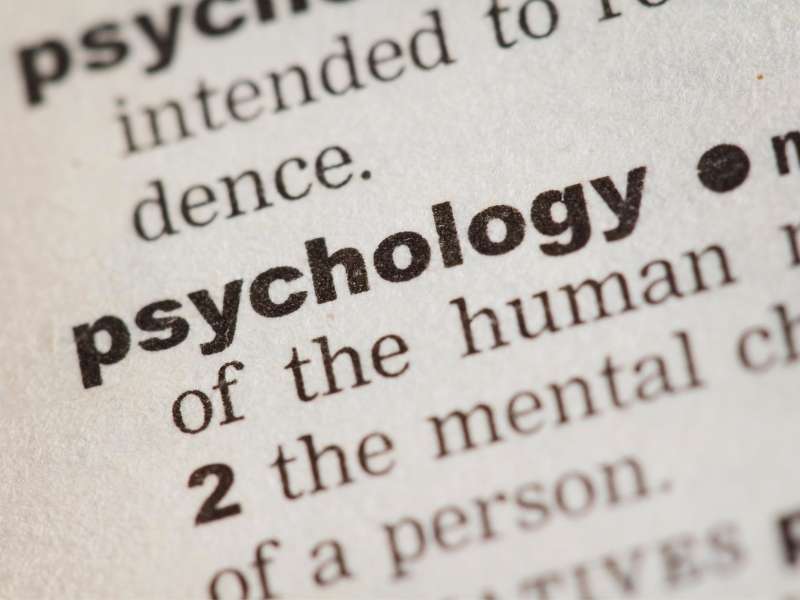What is Moral development?
Moral development is a process that starts from infancy through adulthood. It can be defined as thoughts, behavior, and feelings regarding standards of right and wrong. This concept focuses on the appearance, change, and understanding of morality.
Lawrence Kohlberg & moral development concept
Kohlberg developed a cognitive stage theory of moral development (1958). It is based on Jean Piaget’s theory of moral judgment for children (1932). Basically, Kohlberg & moral development theory is based on three levels & explained six concepts under these levels.

Kohlberg’s six moral development concepts explained using a real-life example
Alex is a young man who worked as an accountant in big company. One day he knew her mother had a heart problem & immediately need to do bypass surgery. He went few government hospitals & he couldn’t get a recent date for surgery. He went to the private hospital & they told him to prepare the money and come, they will do it. Alex thought to steal money from his working place.
Level 1: Pre-conventional level
Stage 1: Punishment/obedience orientation
I wouldn’t steal the money because I don’t want to go to jail and lose my job.
Stage 2: Instrumental purpose orientation
What is in it for me? I would steal the money to save my mother’s life. I will be a good son.
Level 2: Conventional level
Stage 3: Good Boy/Nice Girl orientation: Roles or Norms:
“A good human doesn’t steal”
“A good son would steal to protect his mother’s life”
Stage 4: Law and order orientation: Follow the rules & keep up with societal norms
“I will not steal because my boss is a good person & it is against to low”
“Most employees steal money from their workplace to protect family needs and save their life”
Level 3: Post conventional or principled level
Stage 5: Social contract orientation
“I wouldn’t steal because I can’t lose my positive reputation in my company. This reputation is an important part of maintaining laws & social order”
“I would steal money from my office because company low can’t justify losing a human life”
Stage 6: Universal ethical principle orientation
“Protecting the most amounts of lives possible is always the best decision.”
According to Kohlberg’s moral development concepts, we can identify very important factors that affect our day to day life.








